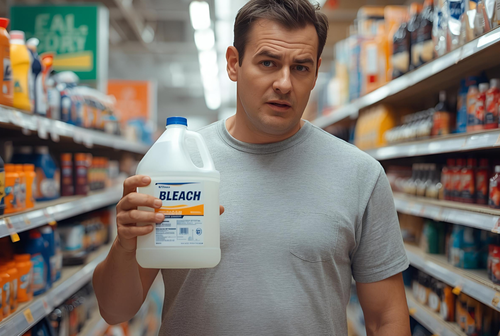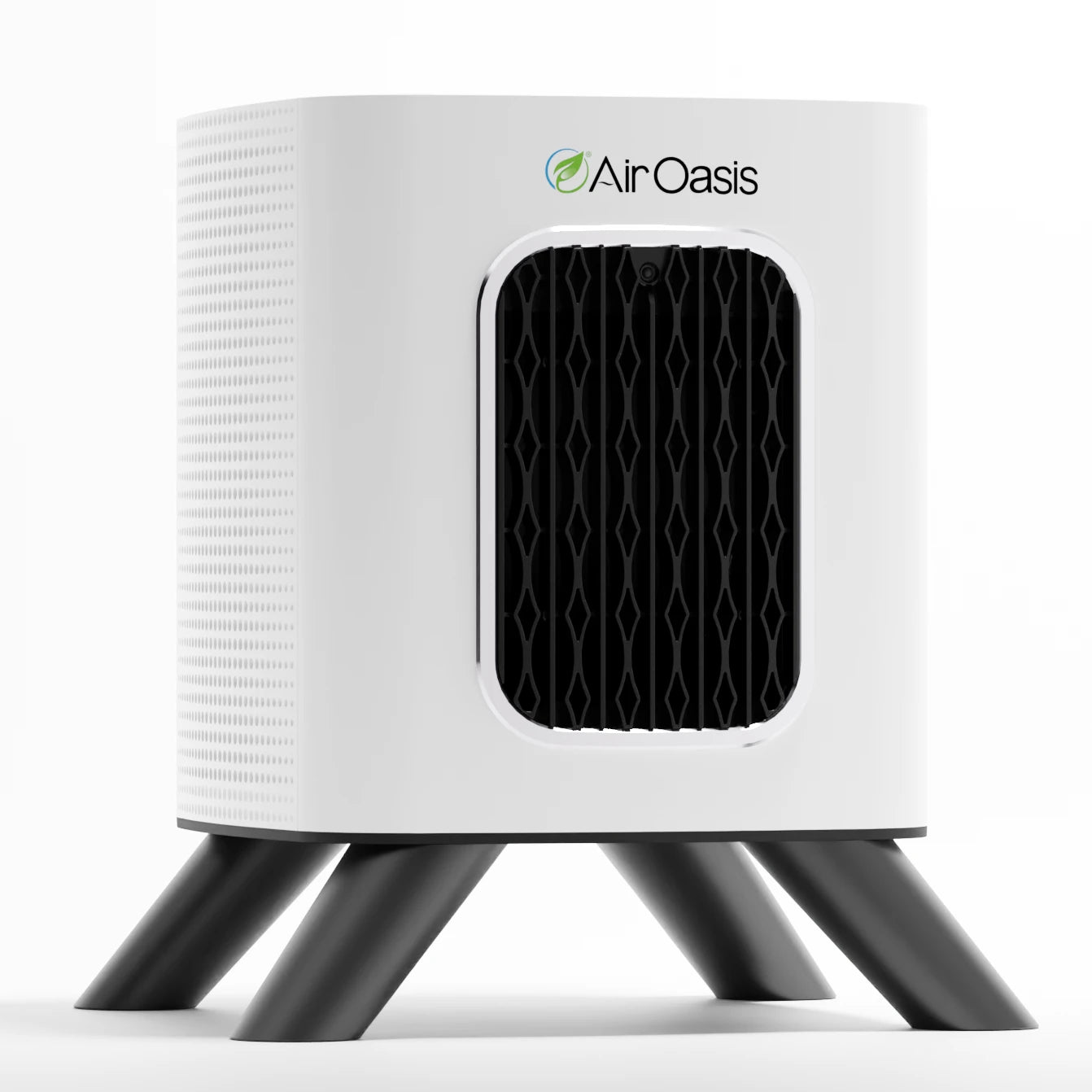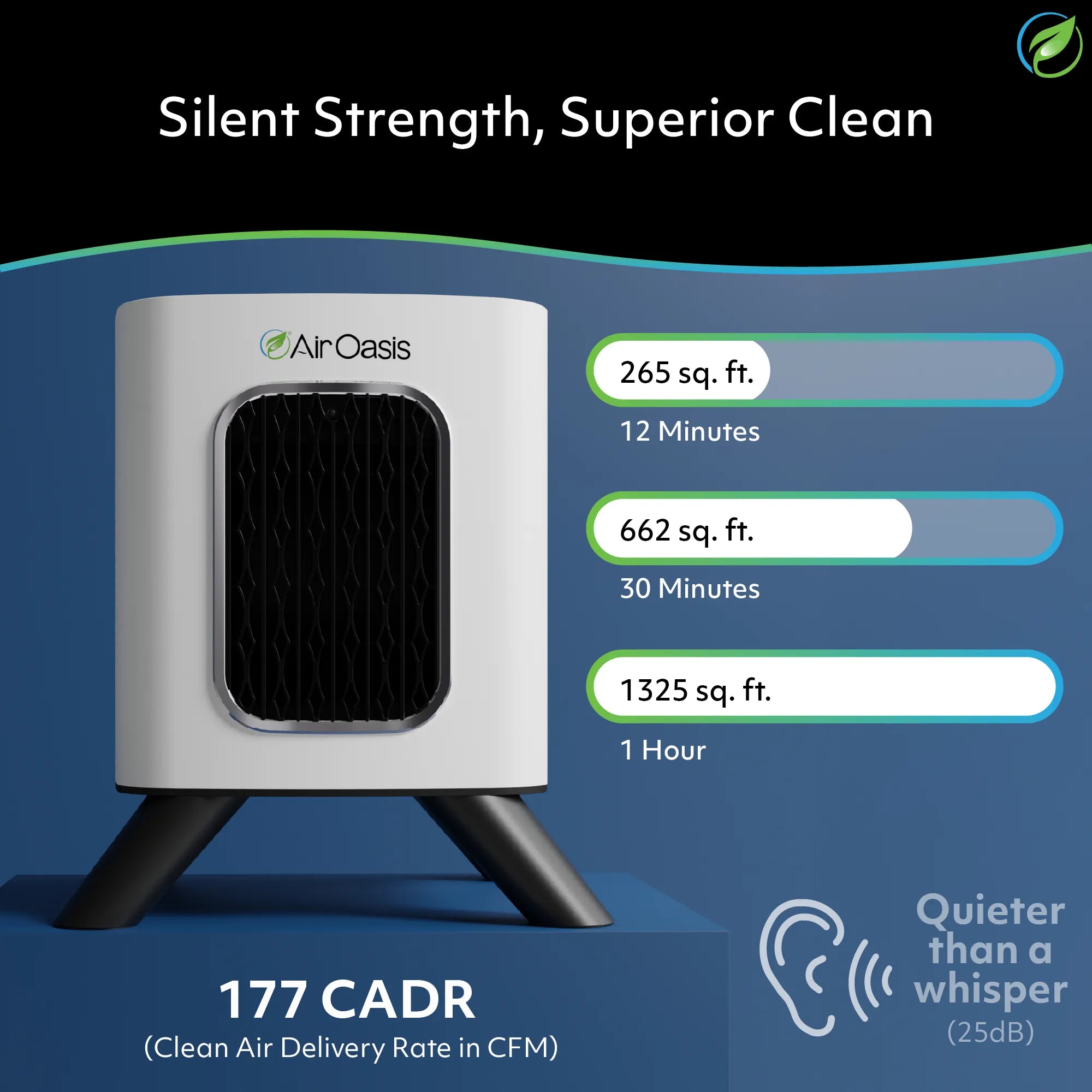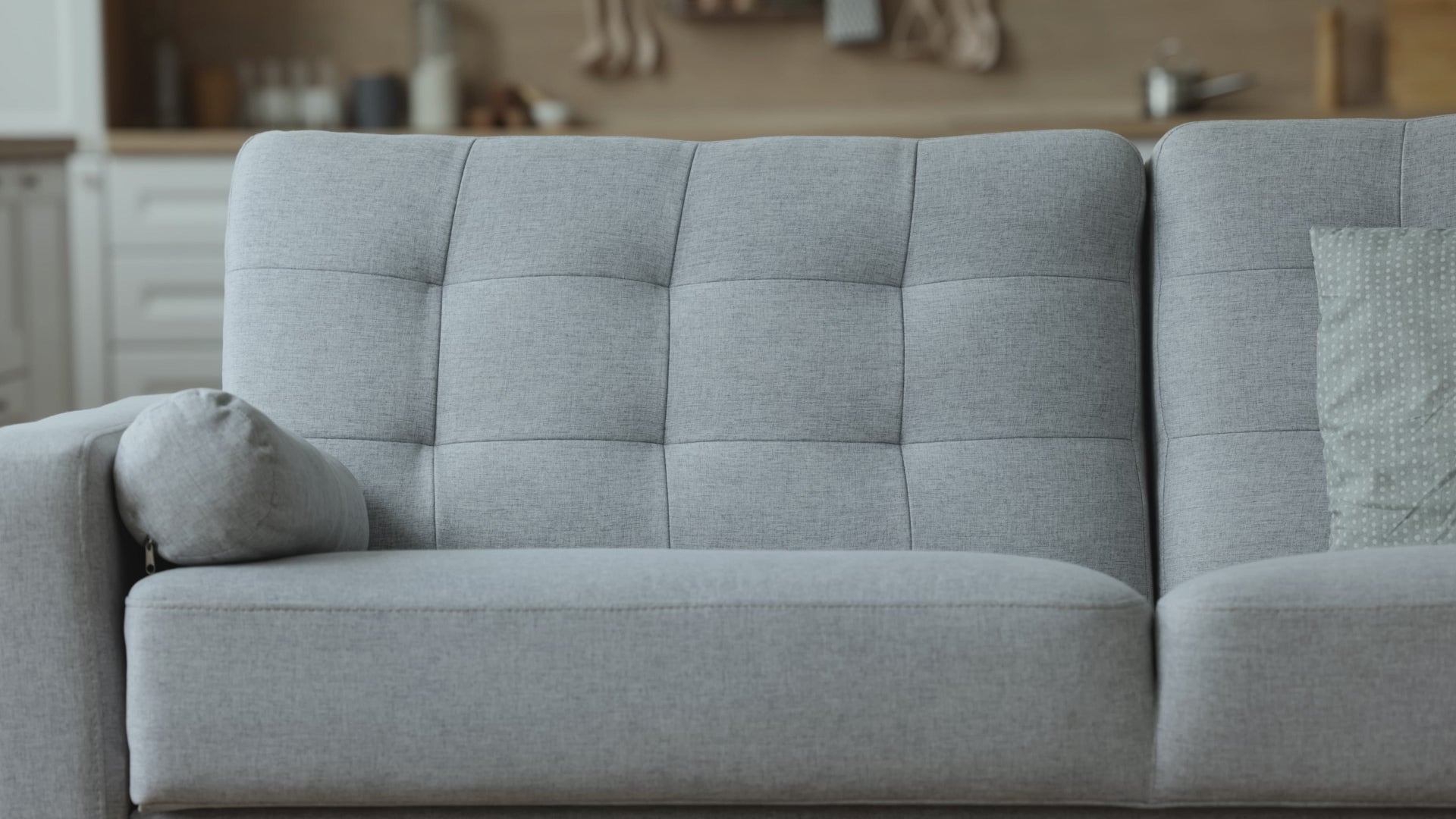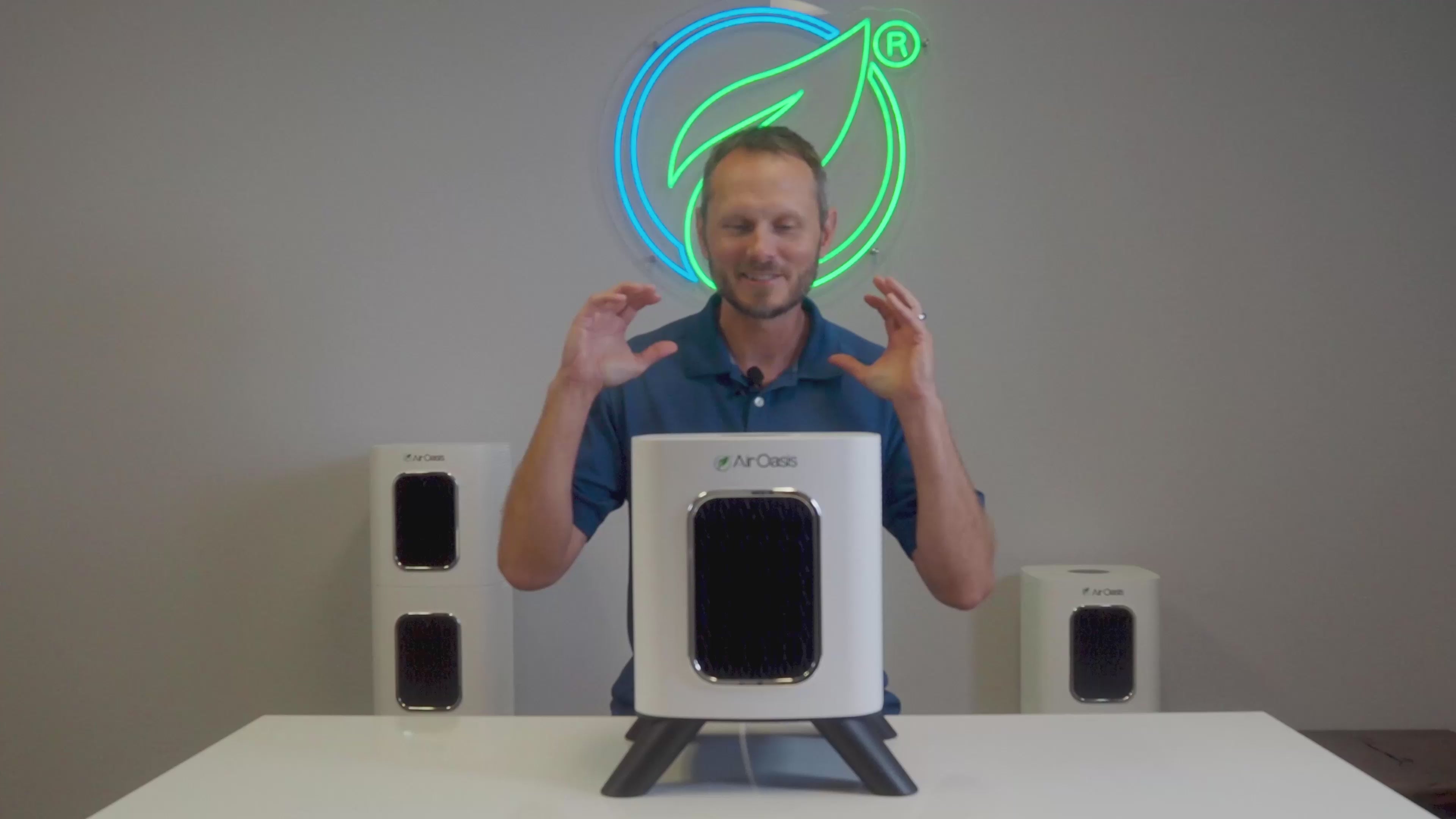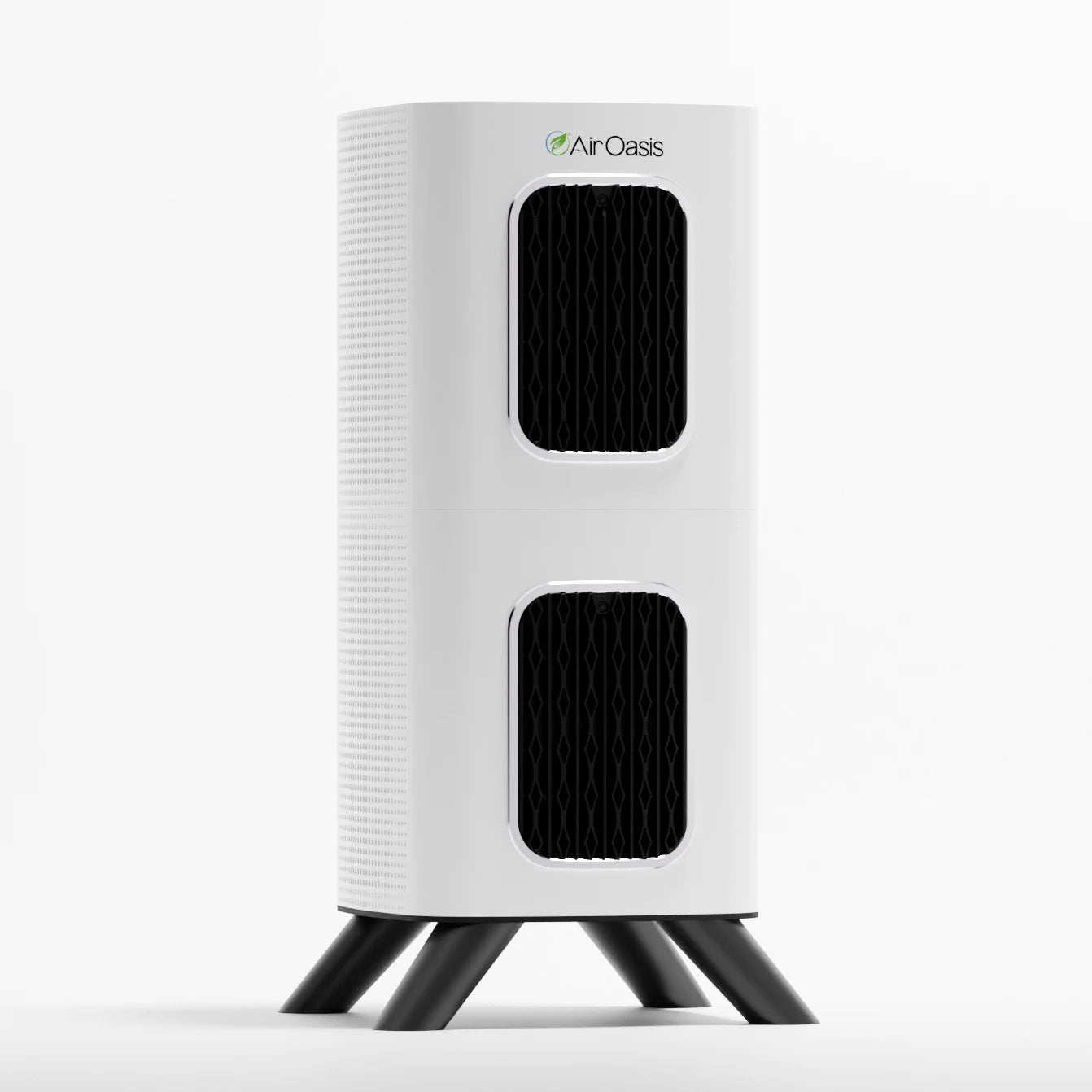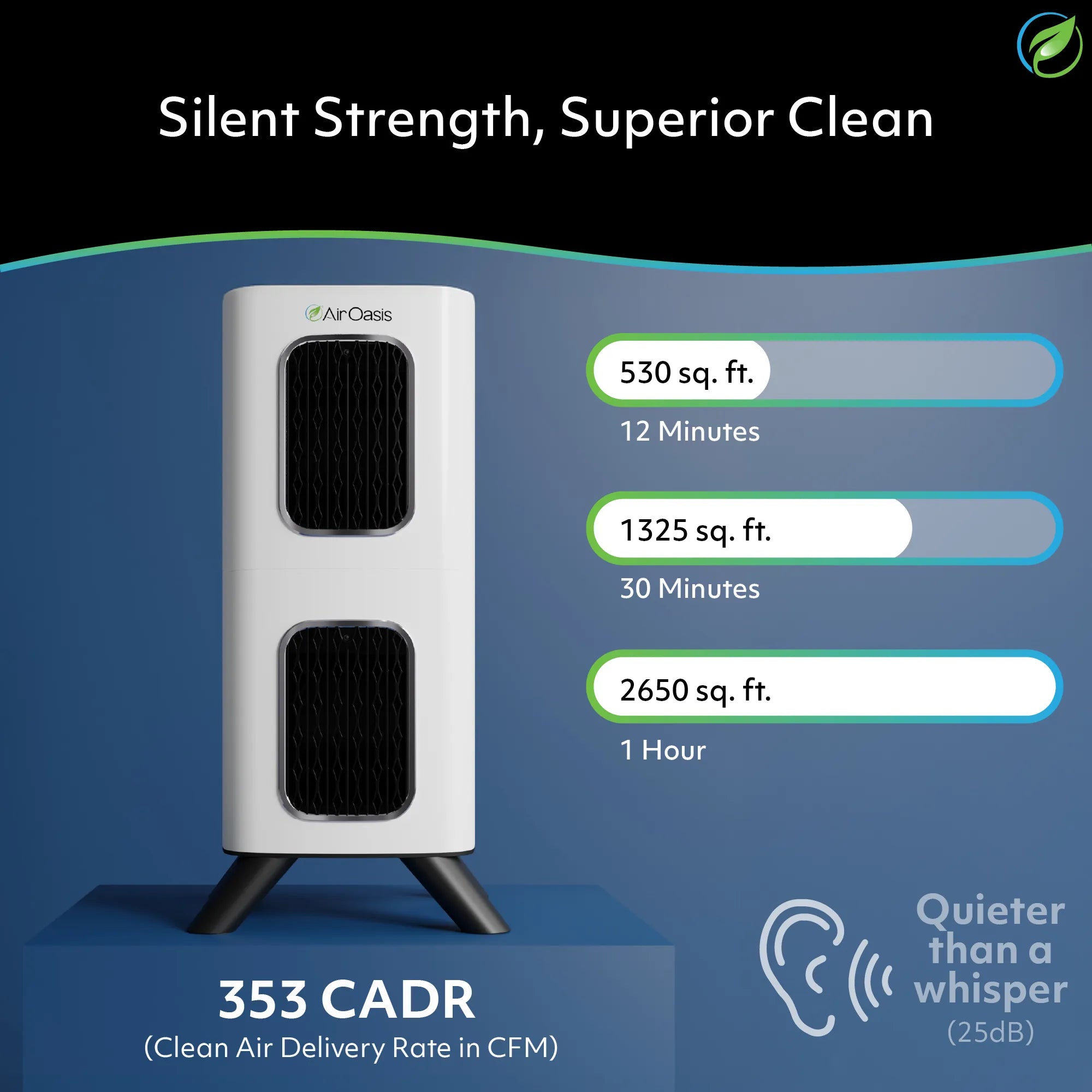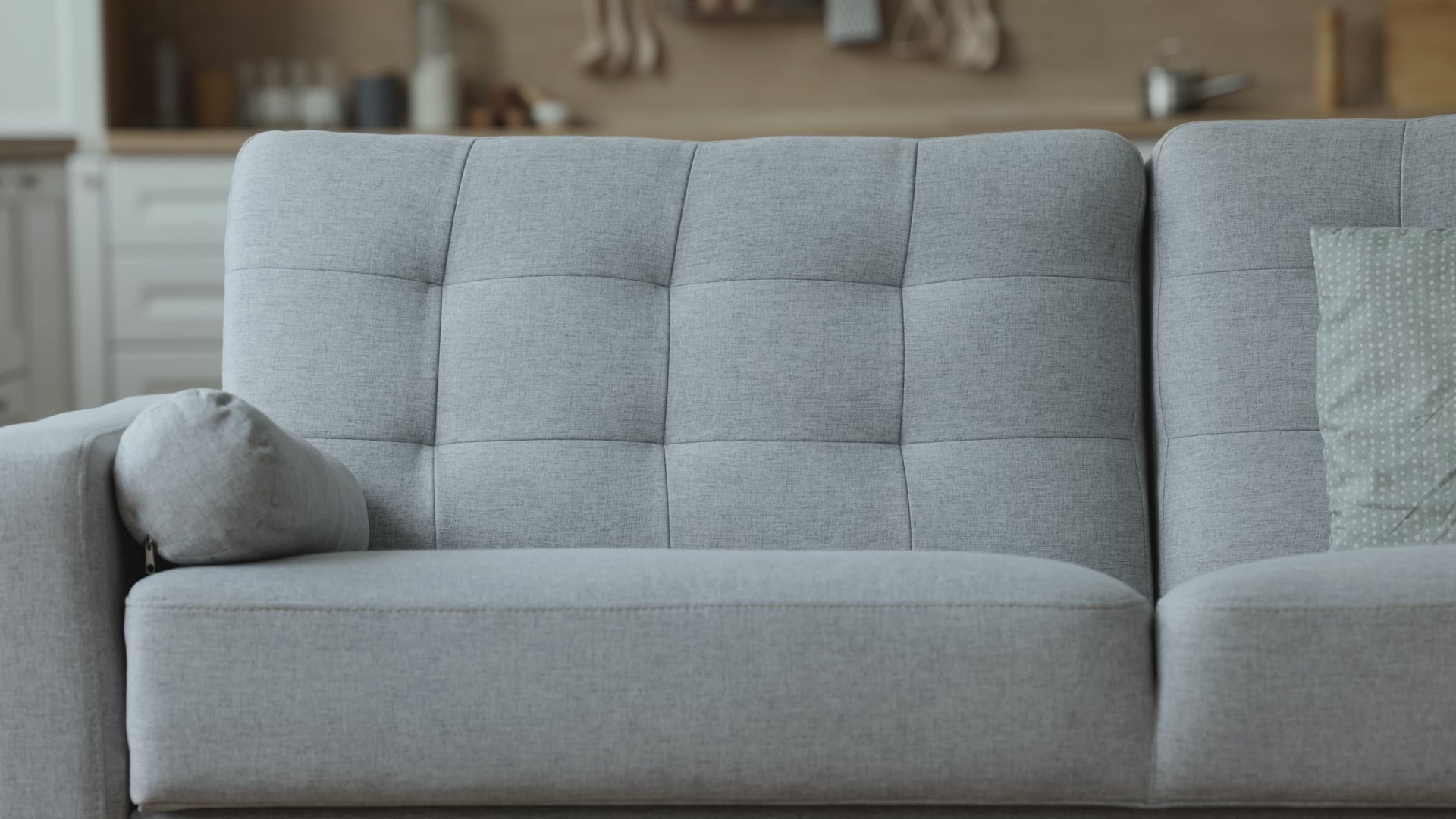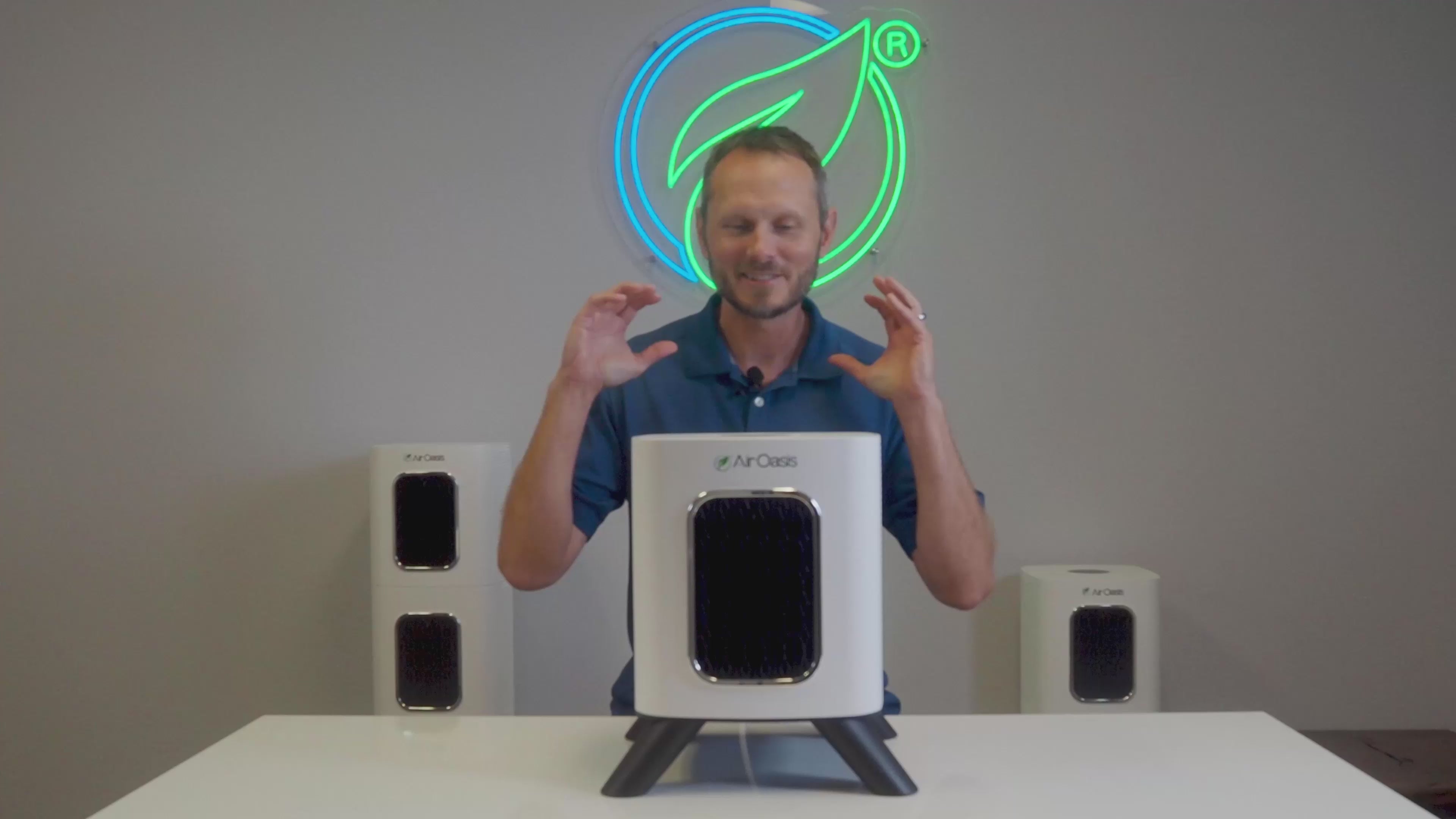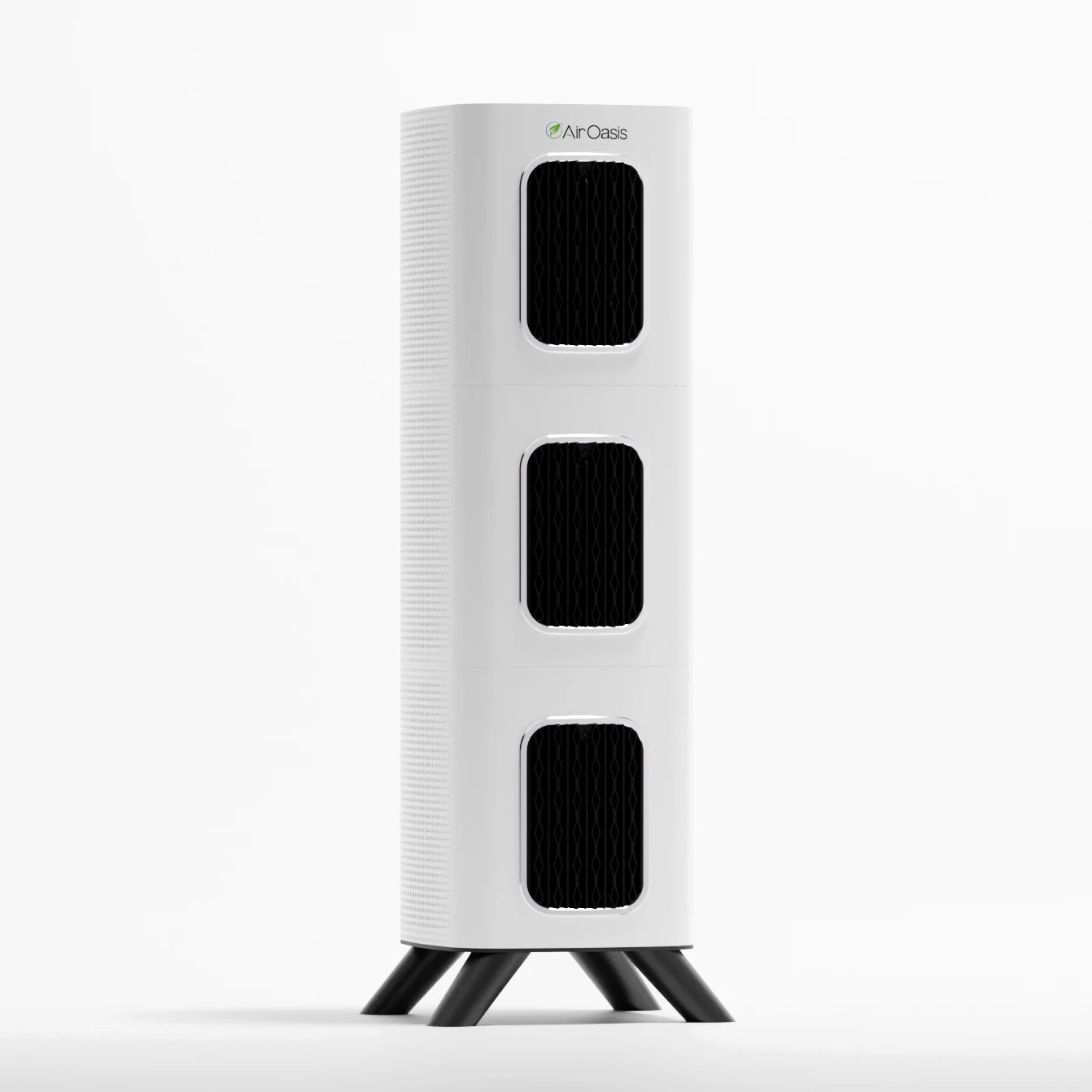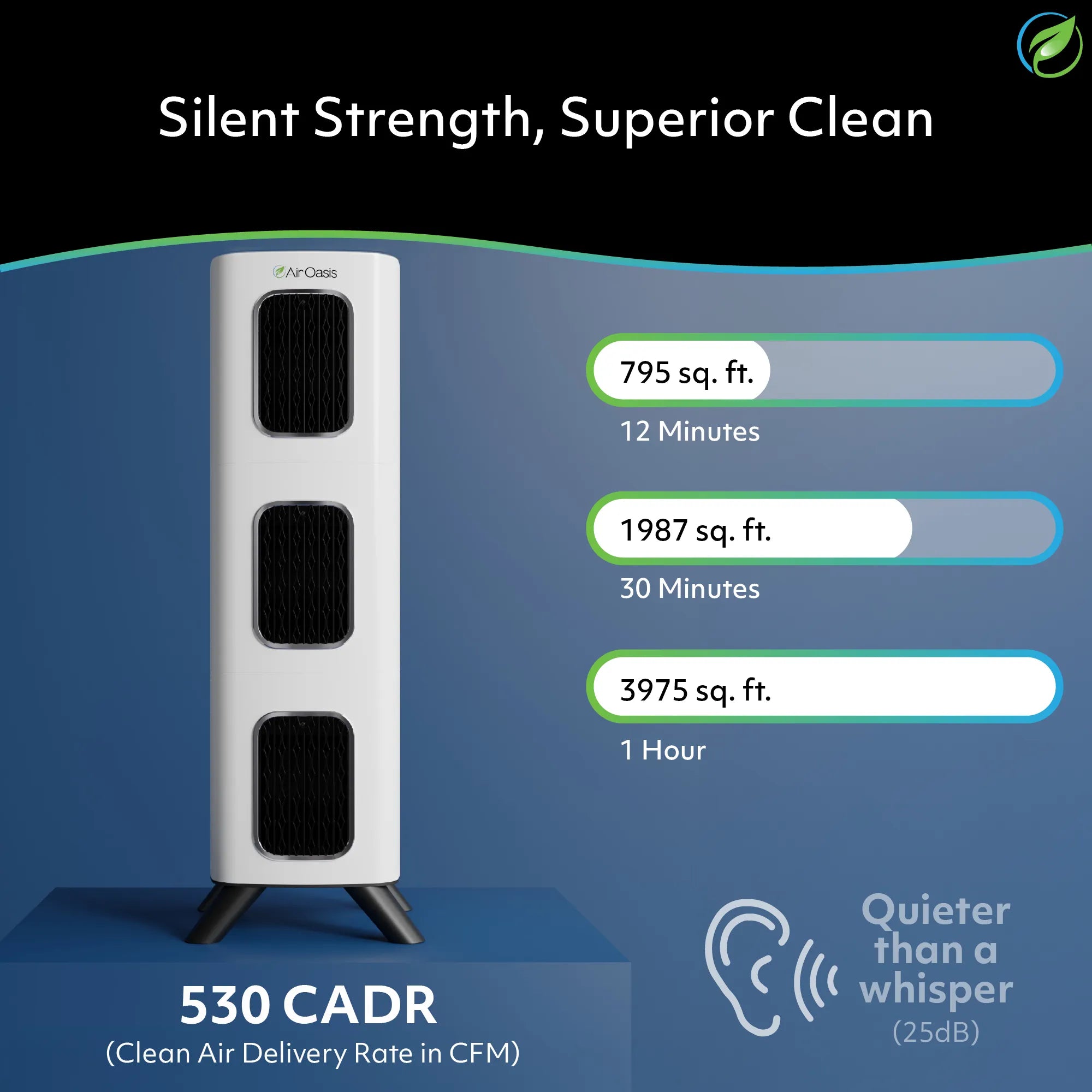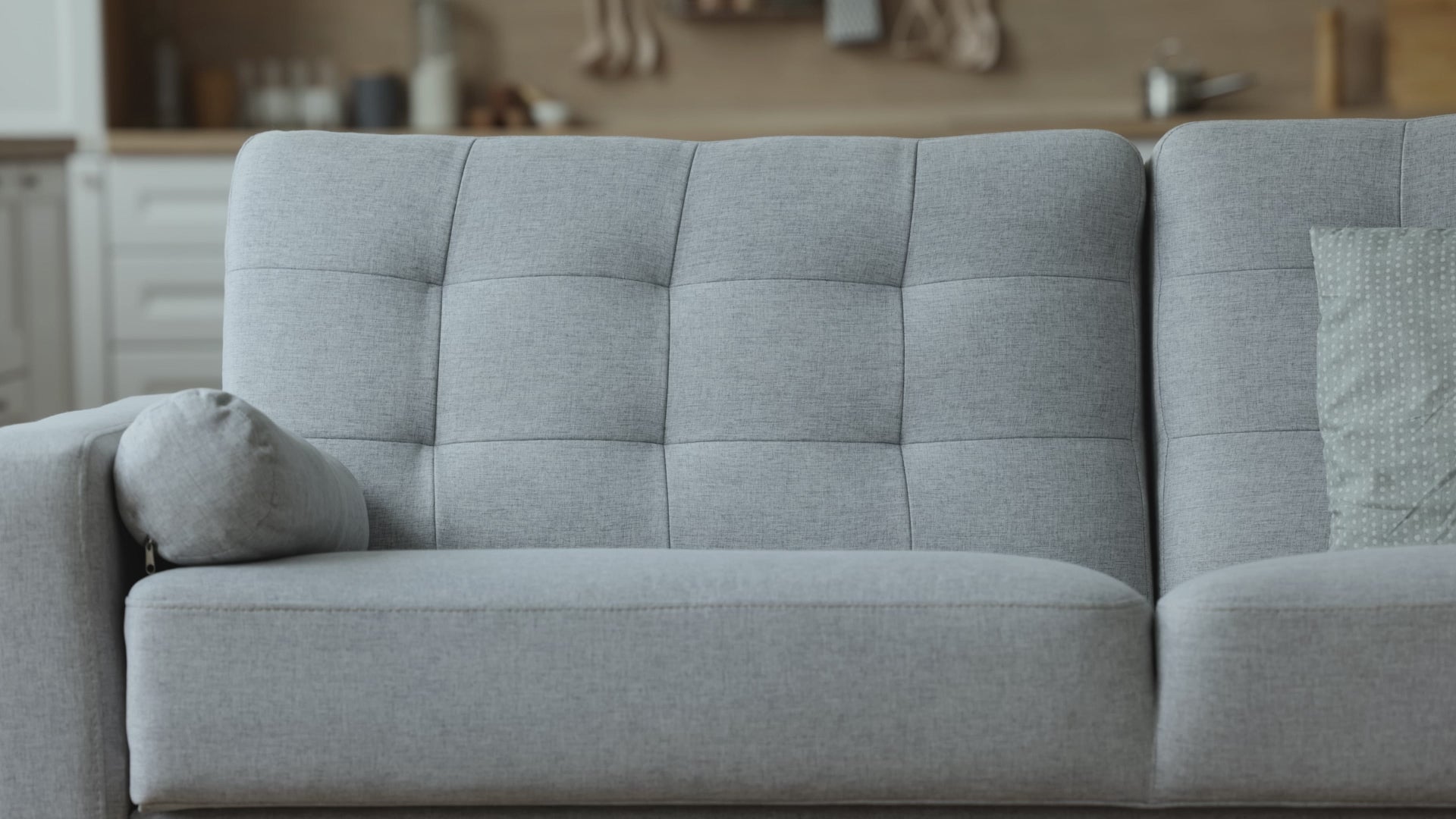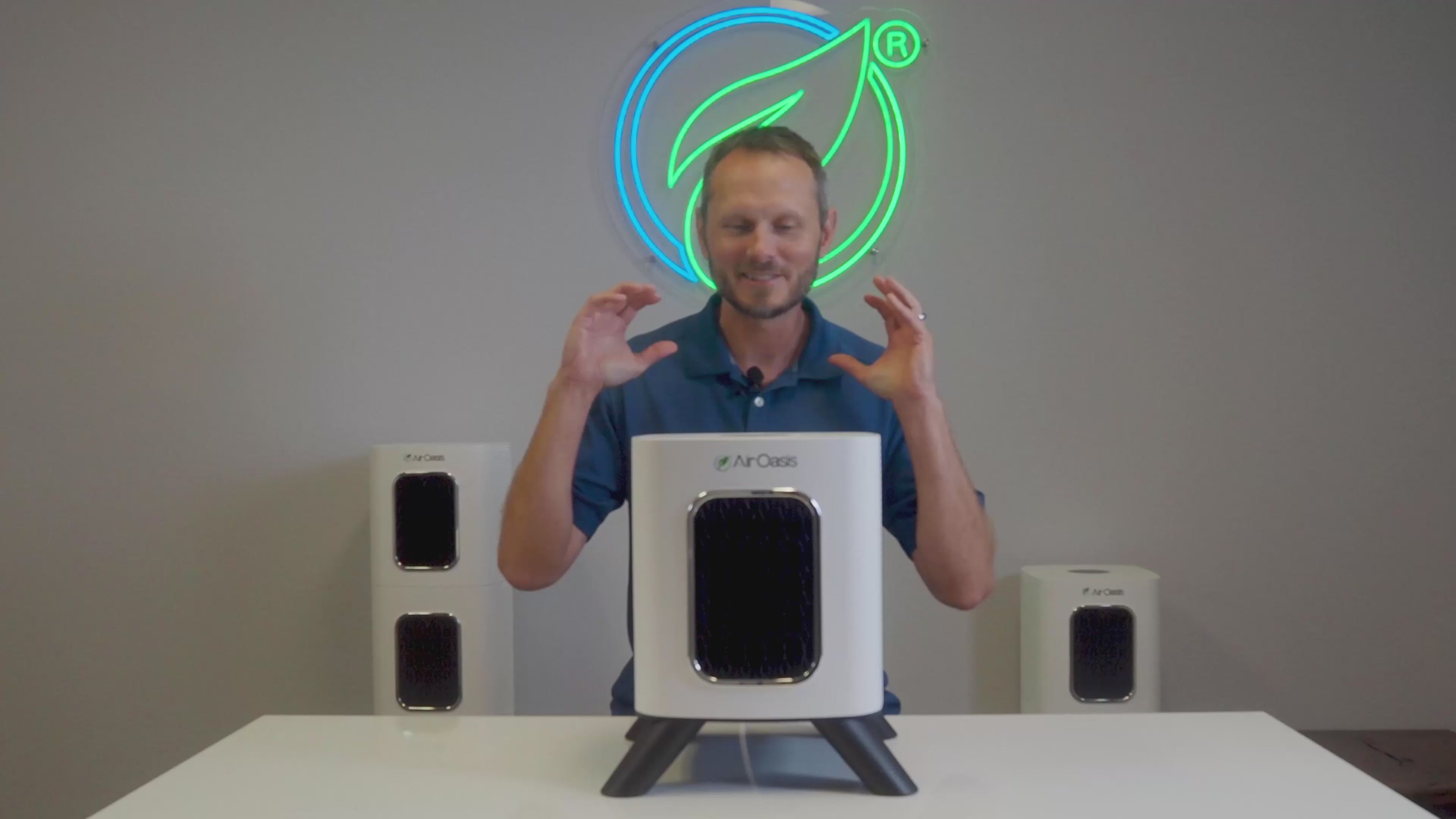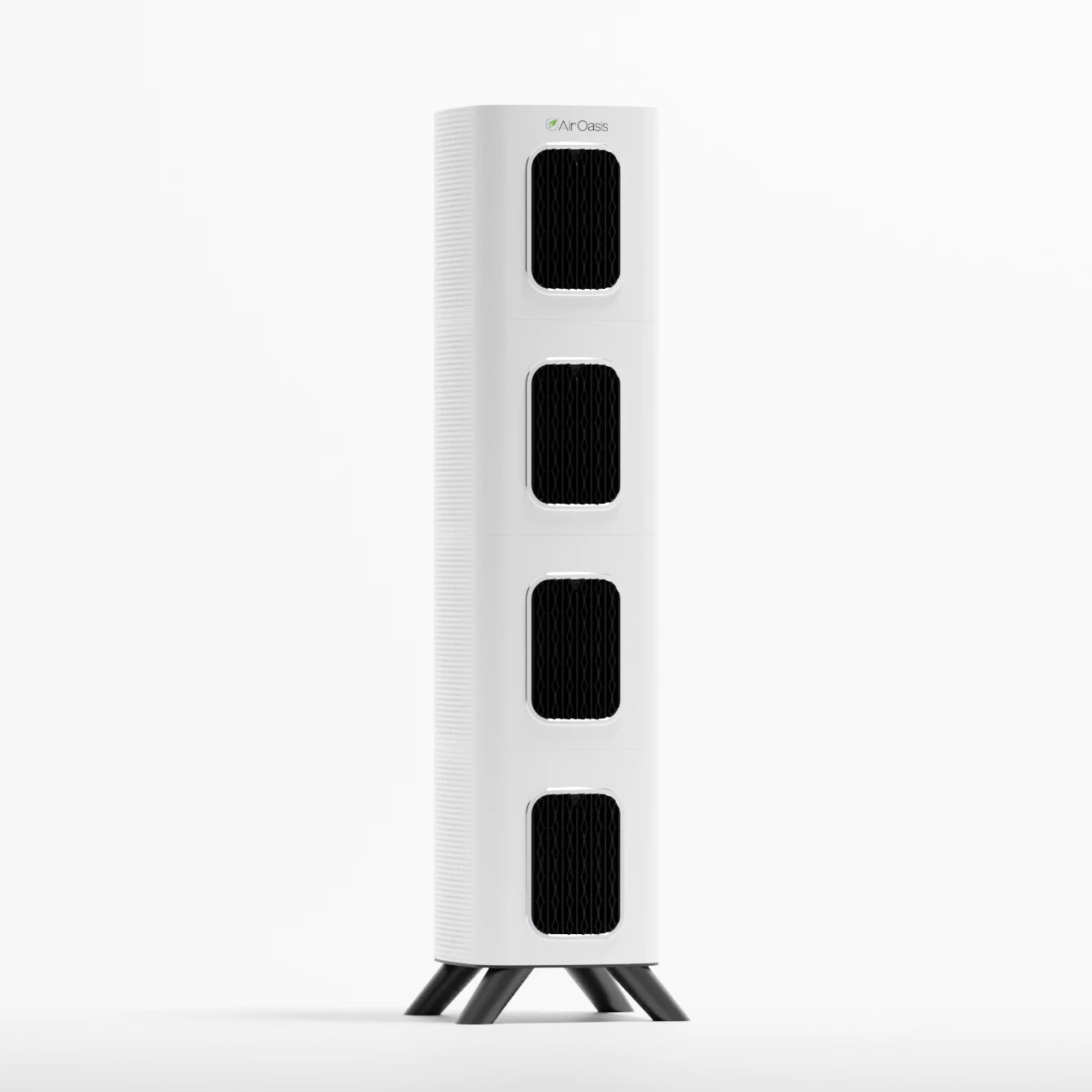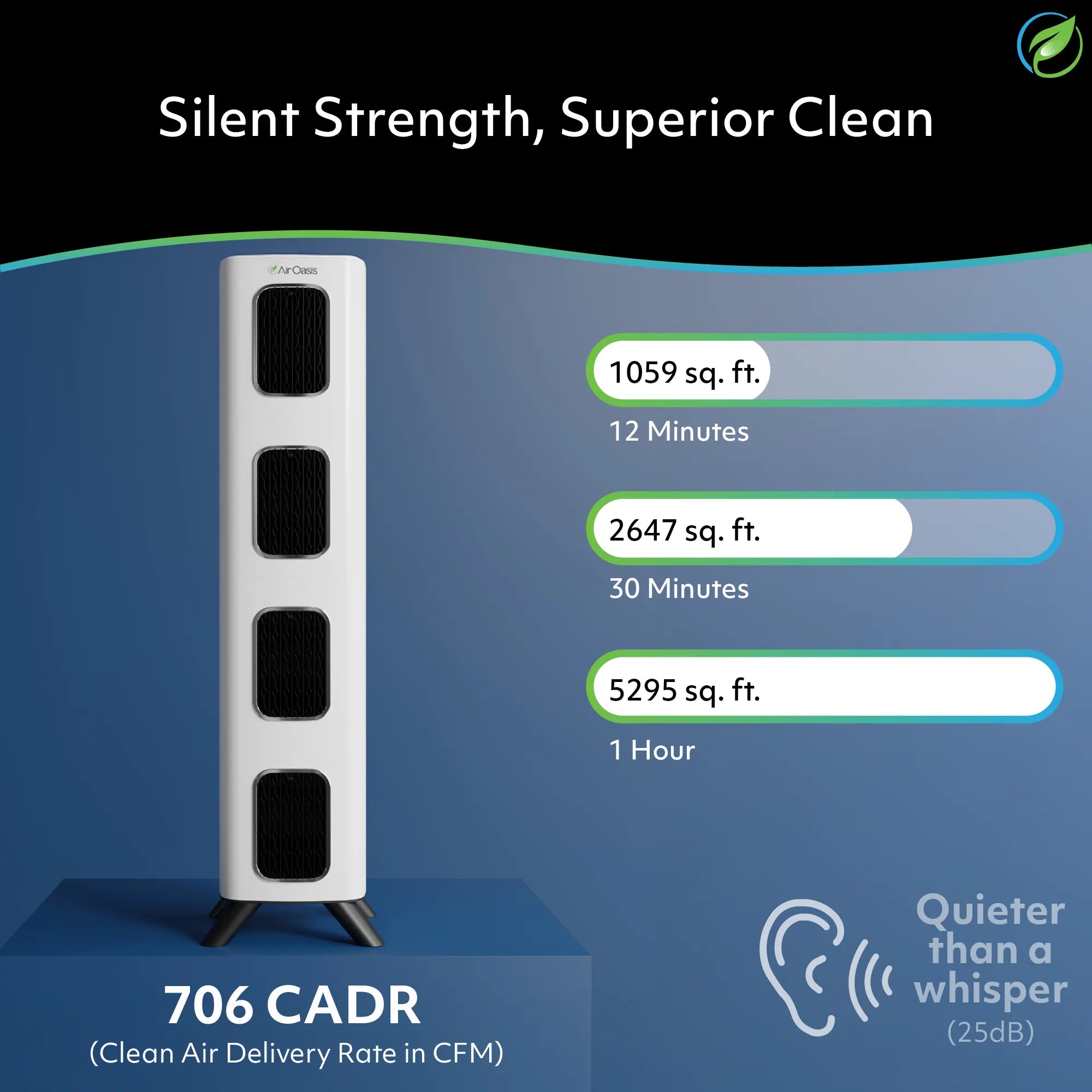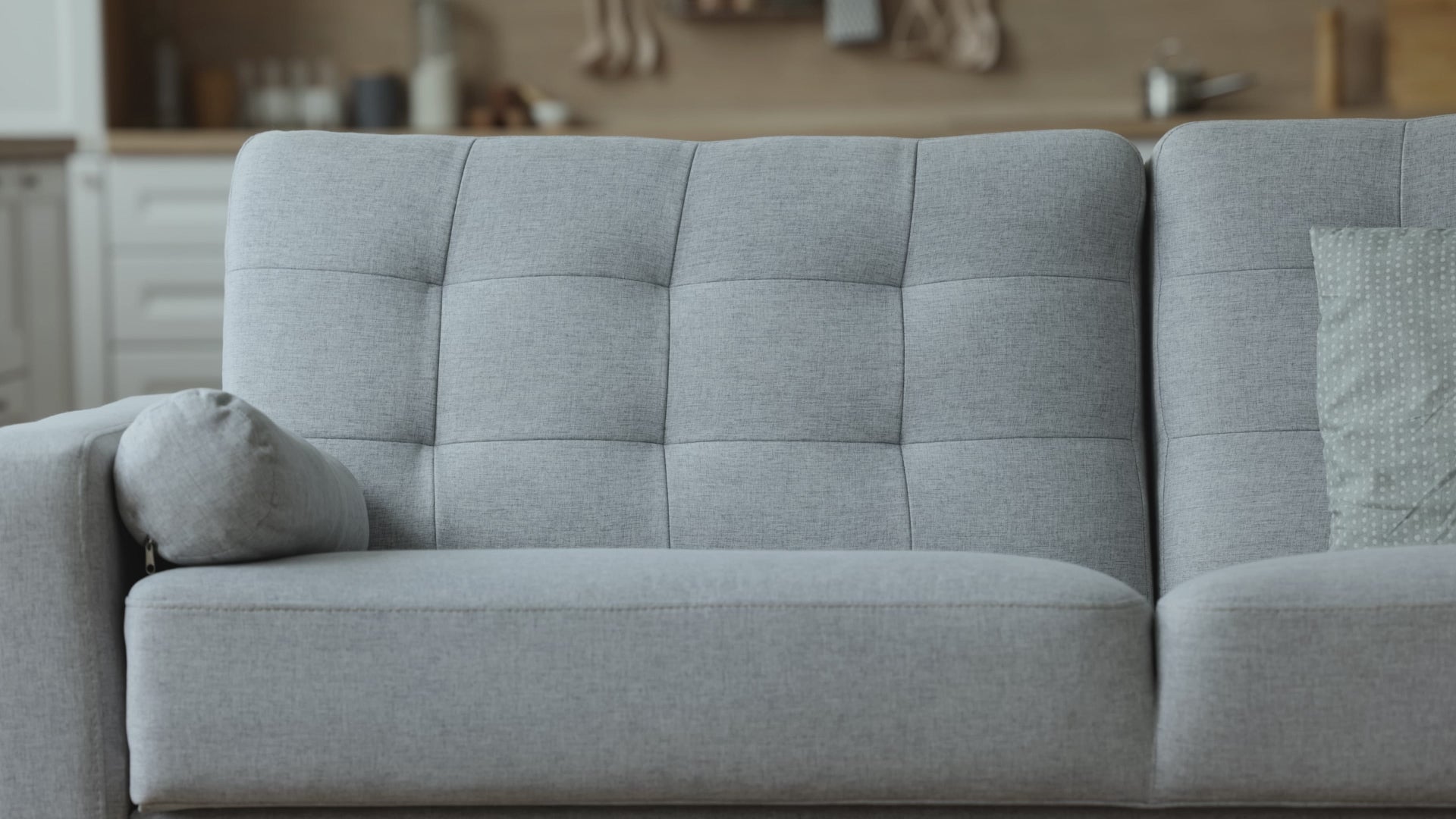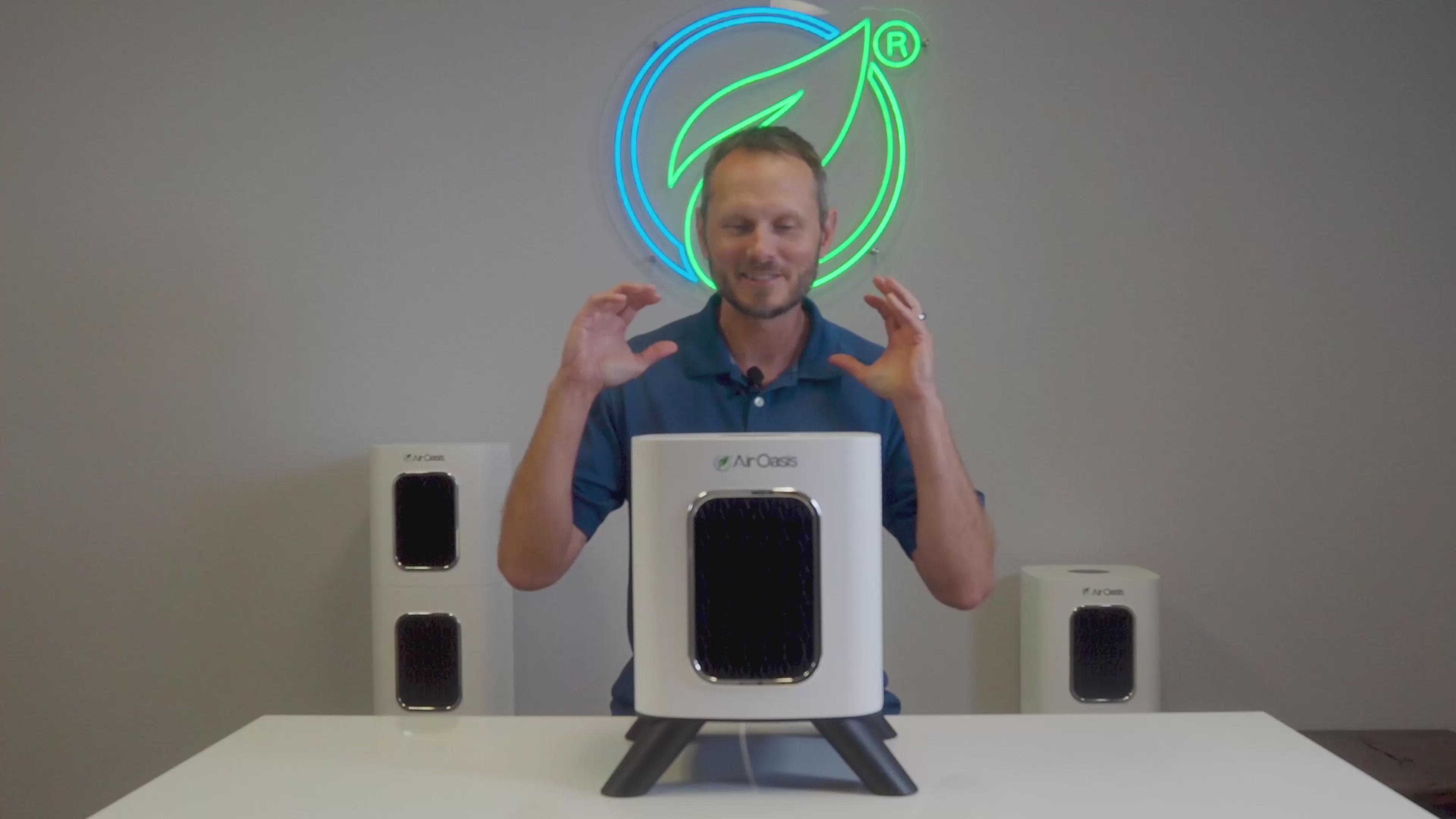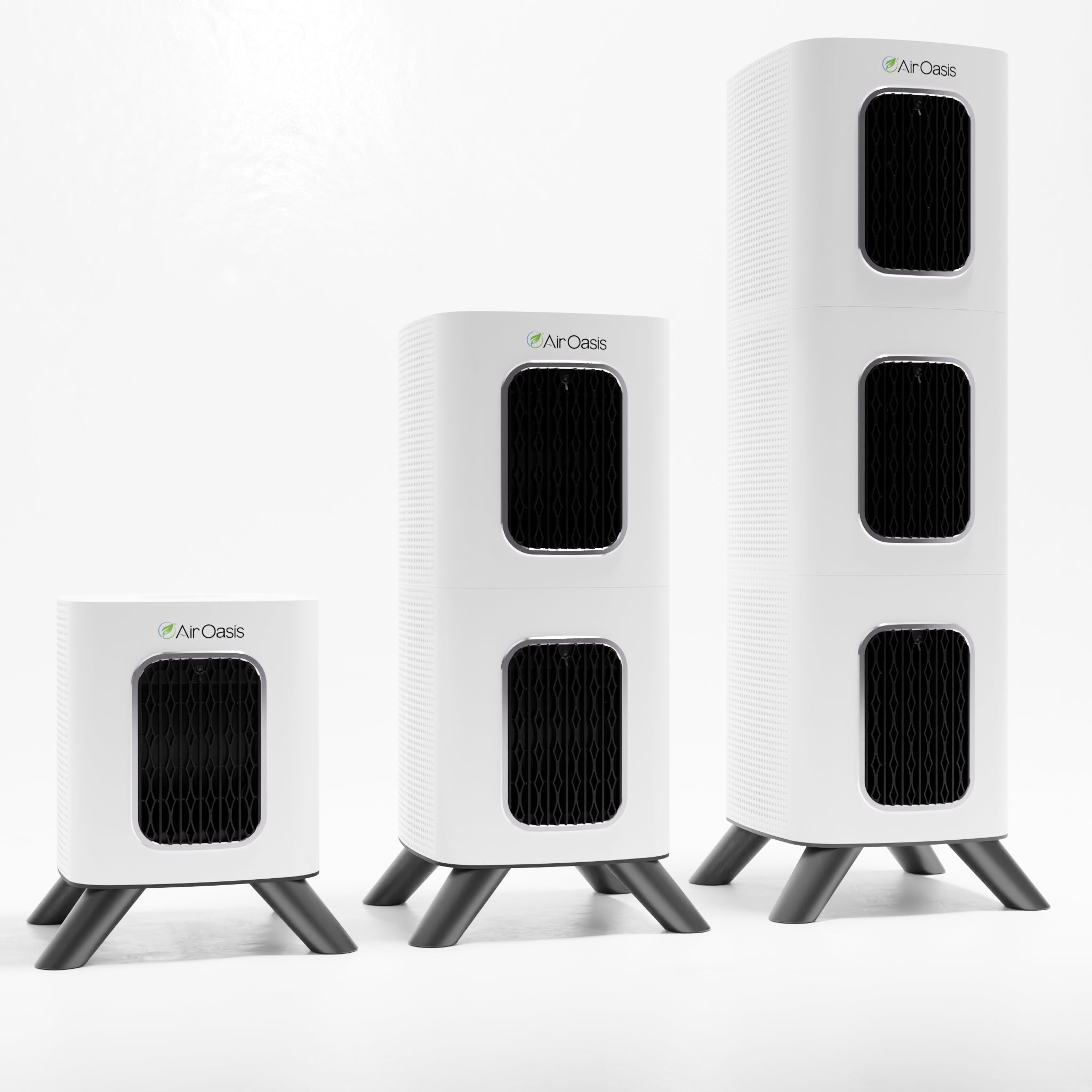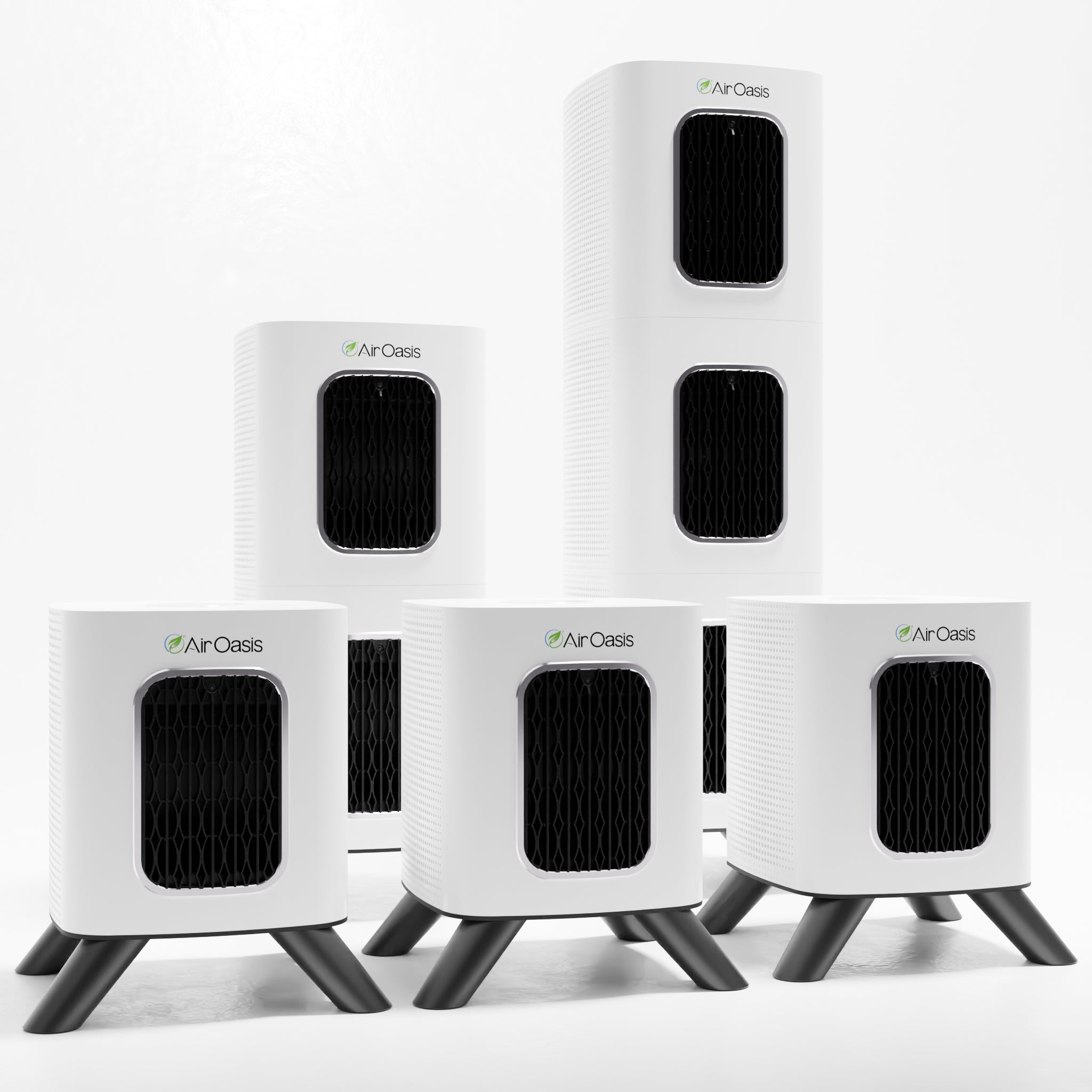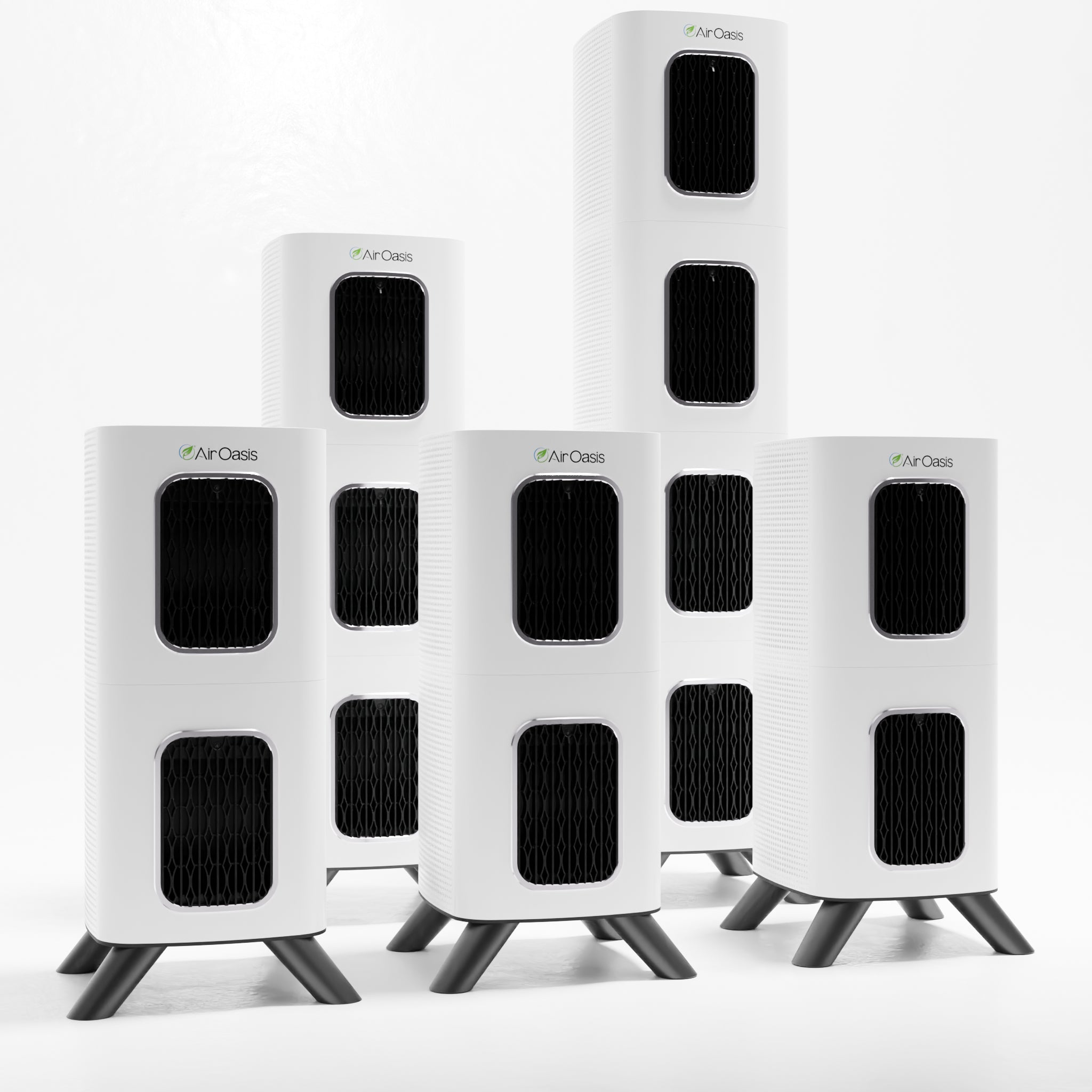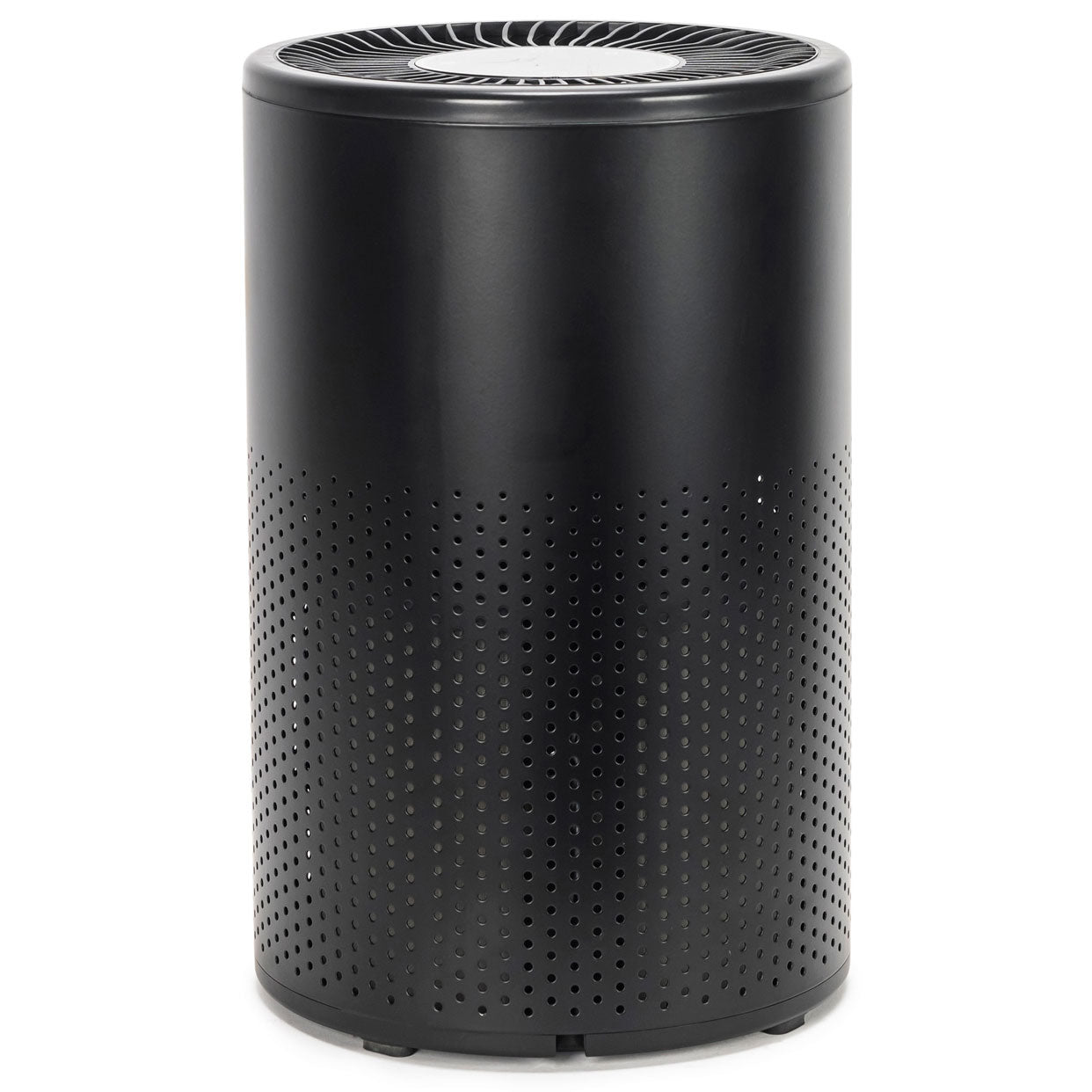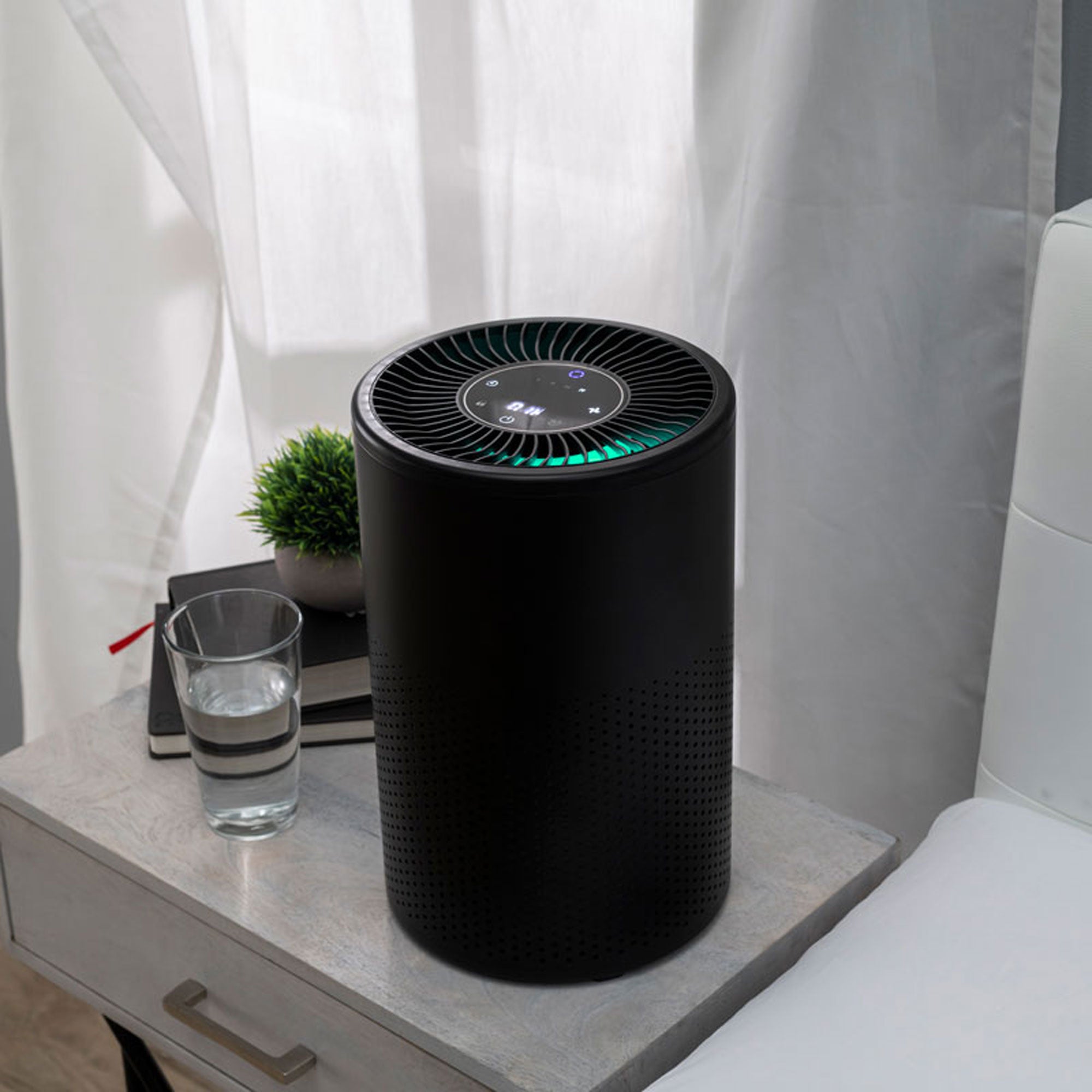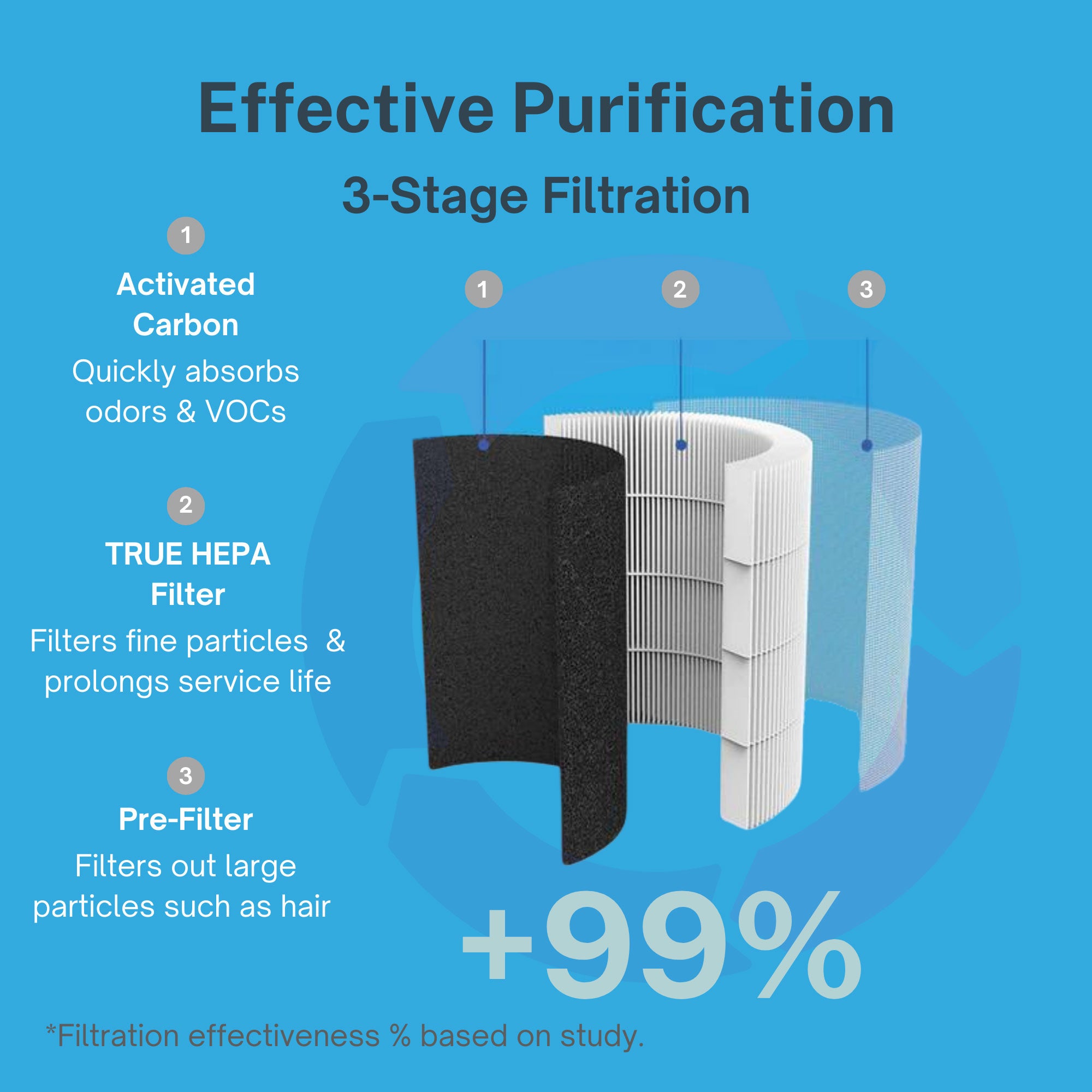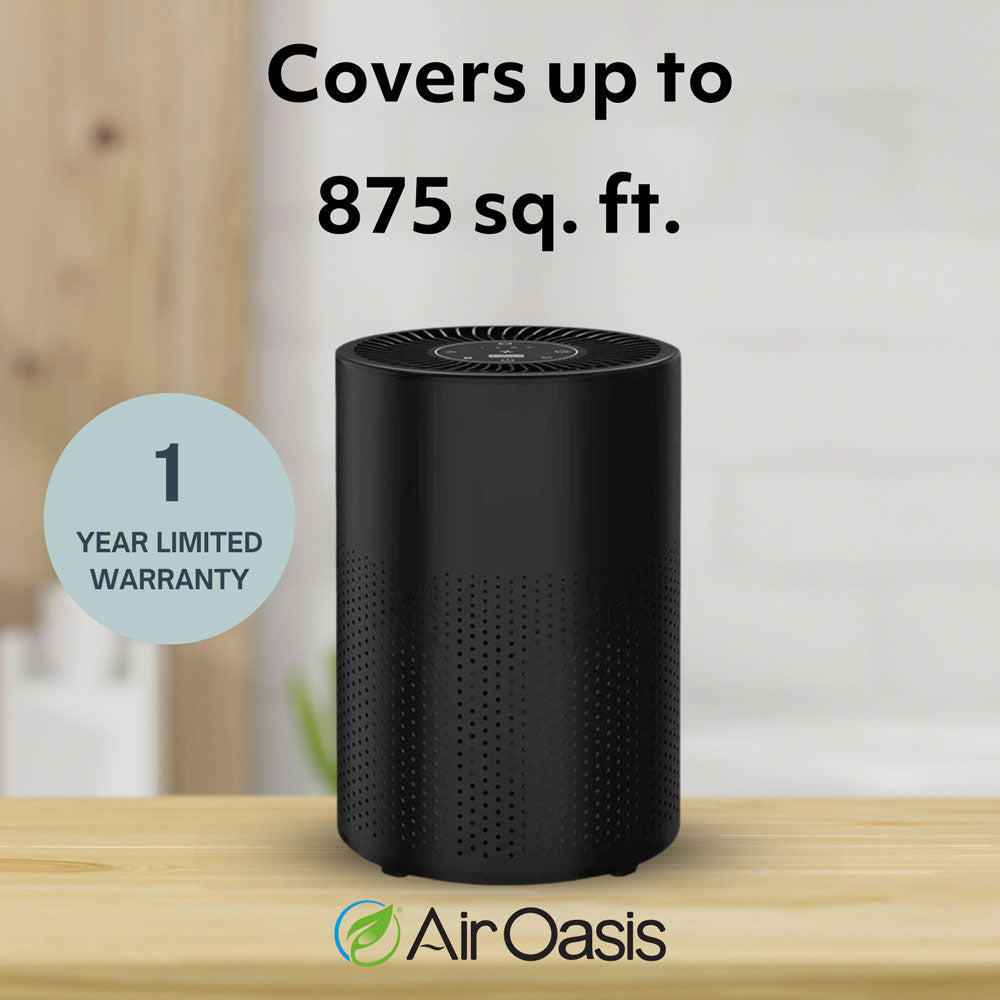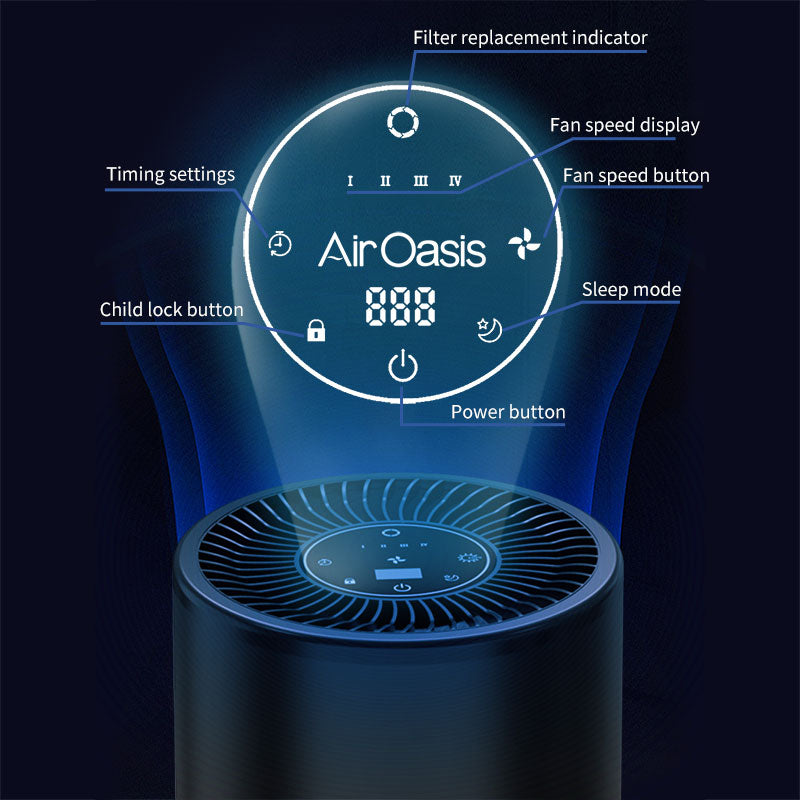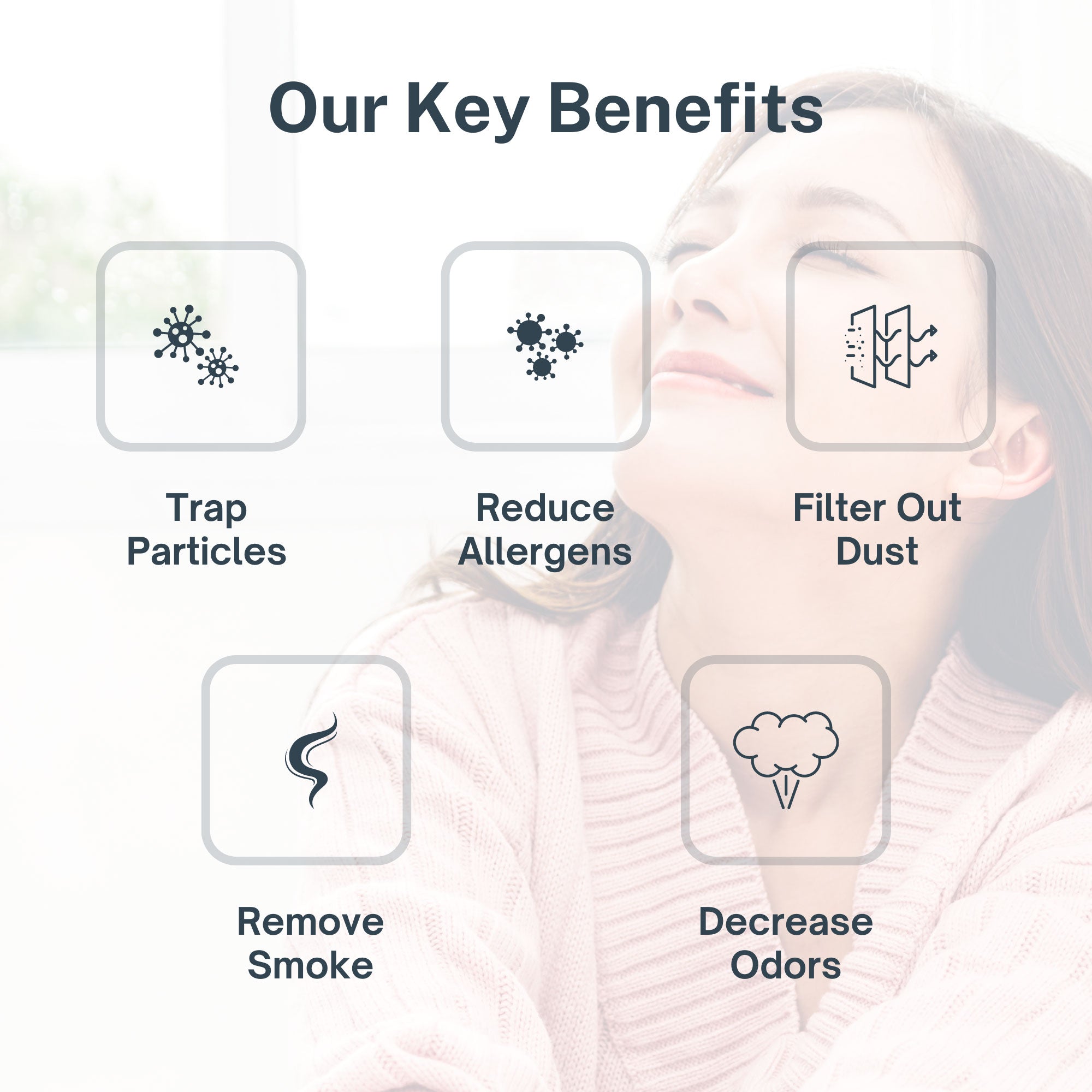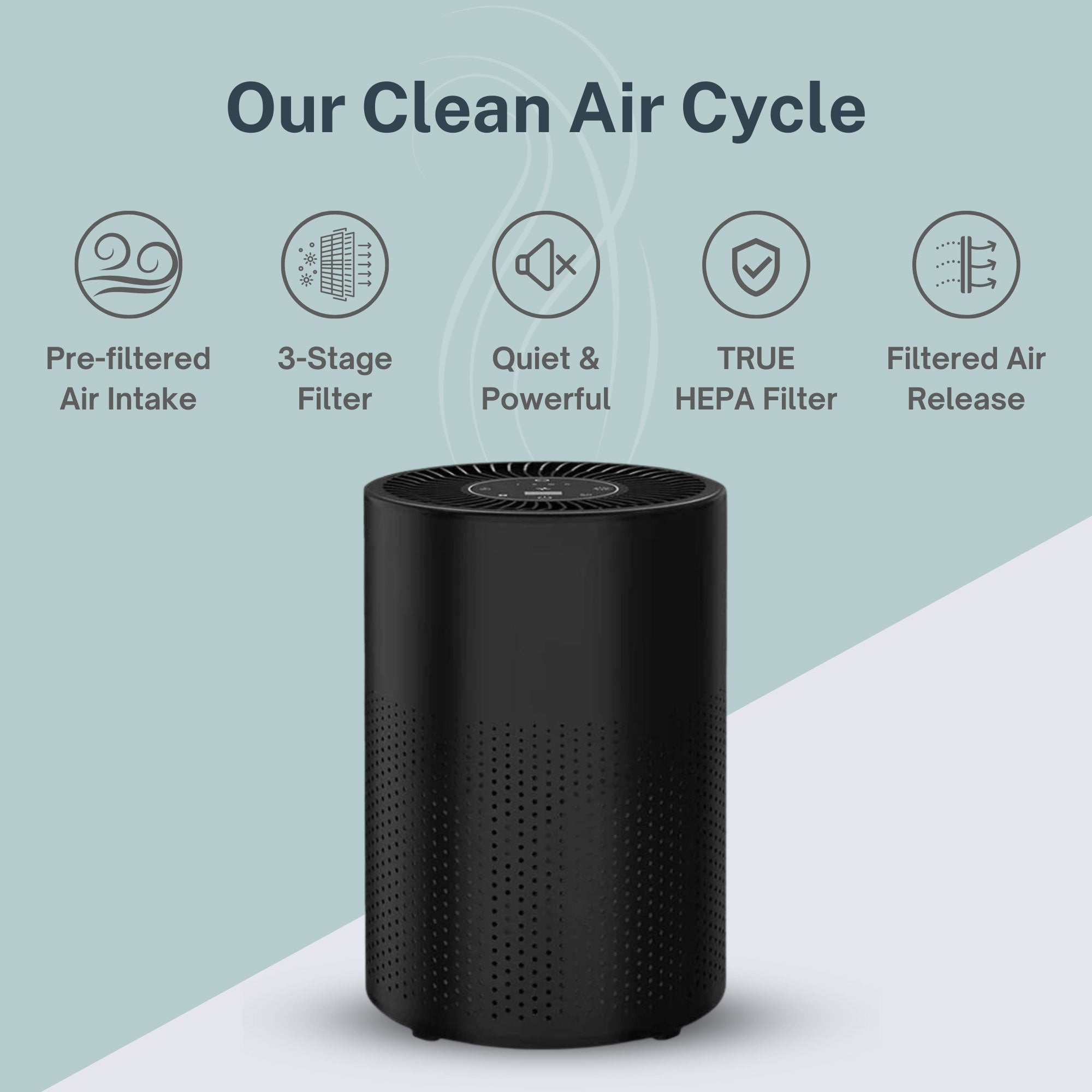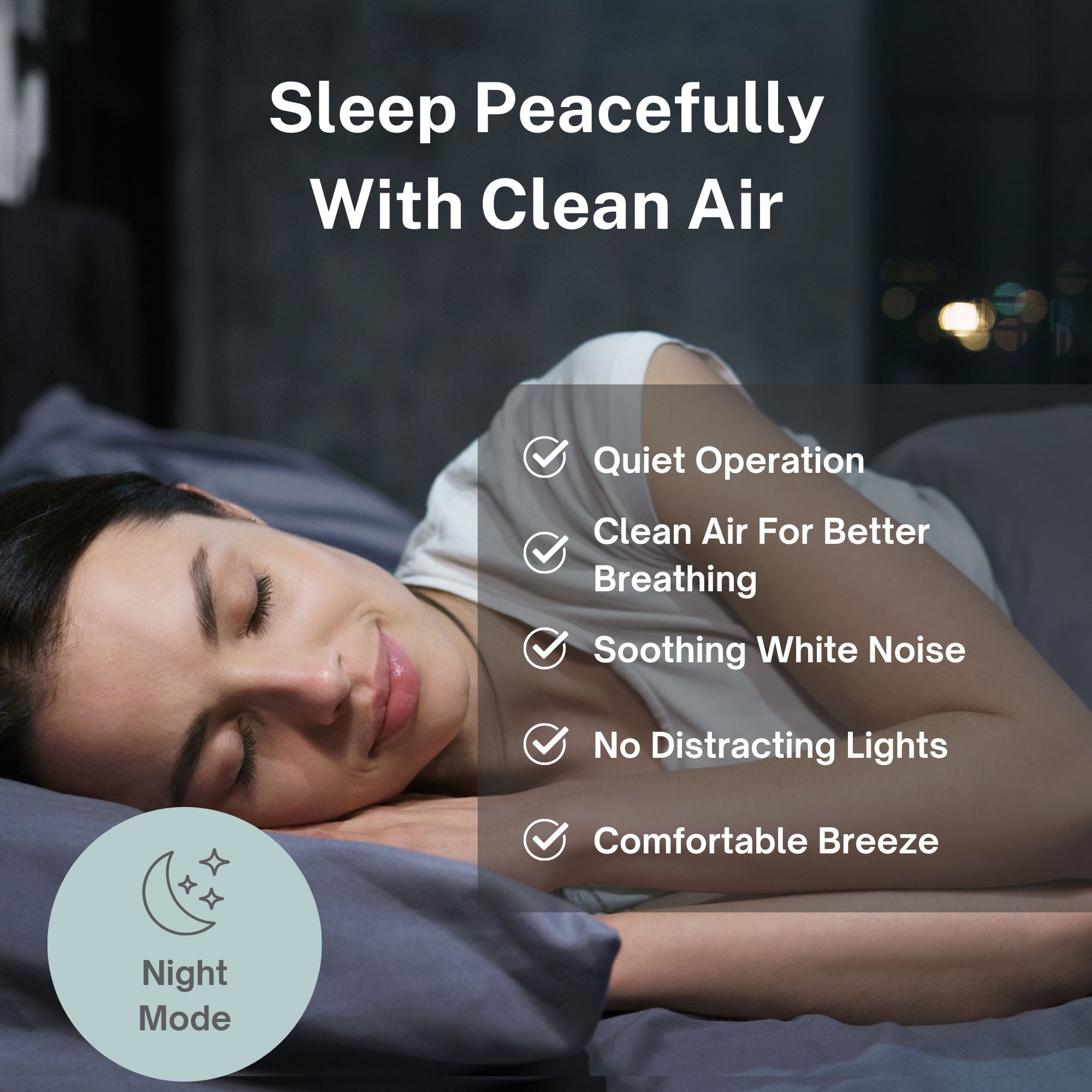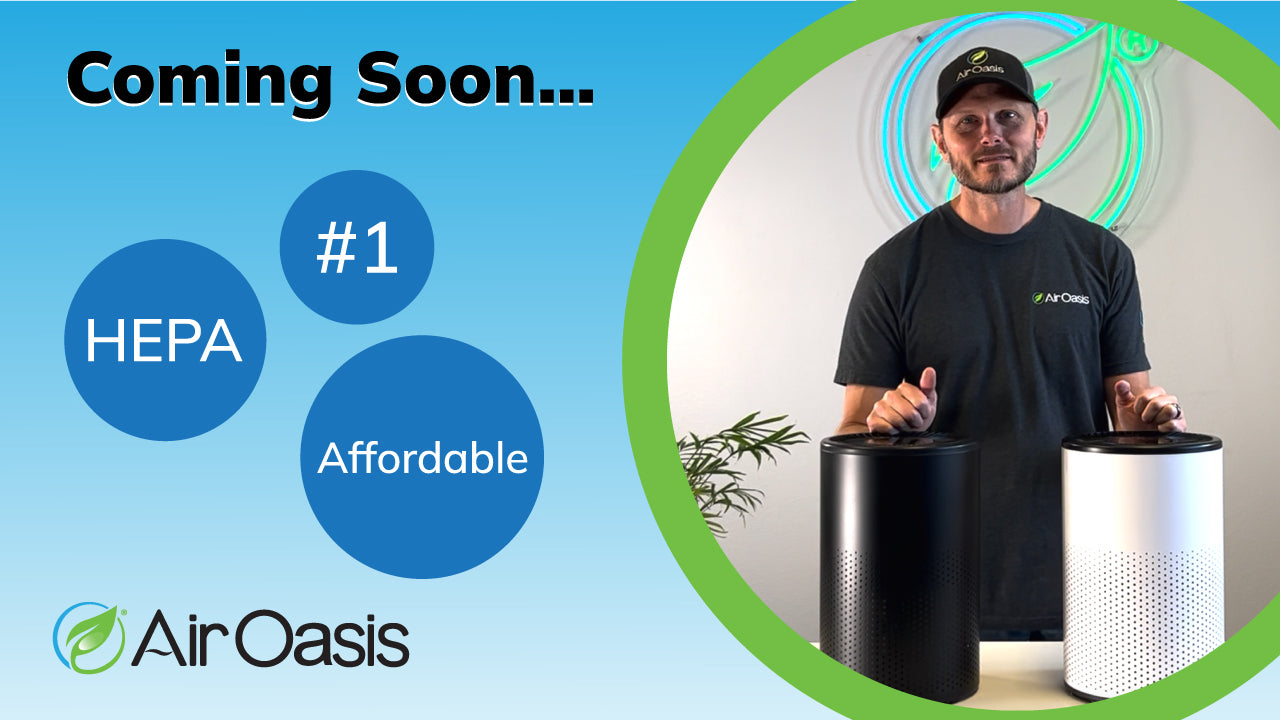The leaves are falling, temperatures are dropping, and yet another allergy season is upon us. We think about the inconvenience and health effects of allergies for ourselves as humans but rarely consider the impact on our dogs. Dogs experience seasonal allergies very similarly to humans; however, many triggers are different.
Taking the time to recognize the signs of allergies can help prevent your dog from a season full of sneezing and scratching without a proper diagnosis. This blog will review the leading causes of allergies impacting your pup this fall and cover proactive ways that pet owners can help dogs avoid allergies in the fall months.
Disclaimer: If your dog is experiencing irregular symptoms or behaviors, always seek the guidance of a local veterinarian.
Do Dogs Have Allergies?
Just like humans, allergies in dogs are a reaction to a foreign substance by the pet’s immune system. There are several types of allergies that dogs can experience. Food allergies, skin allergies, and environmental allergies can all cause symptoms for dogs. Many of the symptoms can overlap into different types of allergies, which can make it hard to diagnose what your pet is struggling with.
Food allergies in dogs are relatively uncommon but can result in various symptoms, including hives, facial swelling, itchiness, vomiting, diarrhea, or a combination of multiple symptoms. As with humans who might experience a peanut allergy, if the food allergy is severe, dogs can experience anaphylaxis.
Skin allergies are another common type of dog allergy. Dogs' three main types of skin allergies include flea allergy dermatitis and complications from food allergies or environmental allergens.
Lastly, dogs can experience seasonal allergies. Dog fall allergies ramp up after the summer months when various plants begin to release allergens into the air.
While dogs' environmental and food allergies are more so year-round, allergies that are exclusive to the fall season are typically due to the same factors, including pollen, mold, and dust mites.
Dogs & Seasonal Allergies
Fall season allergies can wreak havoc on a dog’s system. Dogs that suffer from allergies in the fall usually react to plants such as sagebrush, pigweed, goldenrod, lamb’s quarters, curly dock, and other similar plants and pollen. In addition, ragweed and mold are common triggers of fall season allergies in dogs.
These inhalant allergies are not only breathed in by the dog but also settle within the fur and skin of the dog, causing skin reactions. While the allergens above are most common in the fall months, if you reside in an area that does not freeze in the winter, the allergies build up and can cause year-long suffering for your pup.
Fall Allergies for Pets
Dog owners often attribute common human allergy symptoms in diagnosing their dogs, such as sneezing or itchy, watery eyes. It’s important to understand that dogs show allergic reactions in different ways than humans.
If you believe your dog may be experiencing fall allergies, look for these common symptoms of allergies in pets:
- Sneezing
- Watery eyes
- Skin itchiness
- Scratching and chewing on feet or skin
- Redness and irritation on the skin
- Bumps on the skin
- Diarrhea
- Painful stomach
- Eye infections
- Ear infections
- Pet hair loss
Fall allergies in dogs are typically caused by seasonal plants releasing pollen into the air. Dog fall allergies can also be caused by dust mite allergies, plant allergies, mold allergies, flea allergies, or allergies to indoor surfaces such as carpet fibers. If your dog is experiencing allergies and is in contact with one of the typical fall allergy triggers, it may be time to seek treatment.
Treating Fall Allergies in Dogs
A veterinarian will offer several treatment options if your dog is experiencing symptoms of seasonal fall allergies. Similar to humans, your vet may slowly introduce different treatment methods to see what works best for your pup.
Allergy medications may be prescribed to treat specific symptoms. Sometimes medication is required year-round, but often dogs only need it temporarily during the worst of the fall allergy season. For example, common medications such as mild steroids and antihistamines are often prescribed to relieve itching in dogs with allergies.
Special shampoo may also be prescribed by your veterinarian, mainly if your dog’s symptoms include skin reactions. Regular bathing with special shampoo will alleviate allergy-caused skin reactions and cause your dog’s skin to be less irritated.
In more extreme cases, desensitization therapy may be used to treat dogs with more severe fall allergy symptoms. With these therapies, immunosuppressants or desensitization therapy injections can help a dog’s immune system build strength against fall allergies.
Finally, like humans, pets come into contact with most allergens through the air. Investing in a quality HEPA air purifier to cleanse your pet’s indoor air from common seasonal allergy triggers for your dog in the fall months.
Cleaning Indoor Air to Reduce Fall Allergies in Dogs
It’s frustrating enough when we can’t figure out our human allergies. But when your beloved fido is suffering and can’t talk to you, many owners find it challenging to find a solution that works.
Once you become more knowledgeable about what your dog is allergic to, you can seek treatment that works best for them. Becoming more familiar with the signs of allergies, the timeline of symptoms, and the available treatments, will help you know when to call your veterinarian.
Just like humans, dogs often spend most of their time indoors, especially as the temperatures get colder in the fall months. We know that many outdoor allergy triggers enter the home through open doors and windows, contaminating your indoor air. Just like you, dogs breathe in dirty air and absorb contaminants through their fur and skin.
Investing in an air purifier will reduce indoor air contaminants by up to 99% and effectively reduce airborne allergens for your dog.
Air Oasis is proud to support families — human and furry members — by providing expertly manufactured air purifiers. Browse our site to learn all about our products, and join our email list to get notified for sales, specials, offers, and more!


